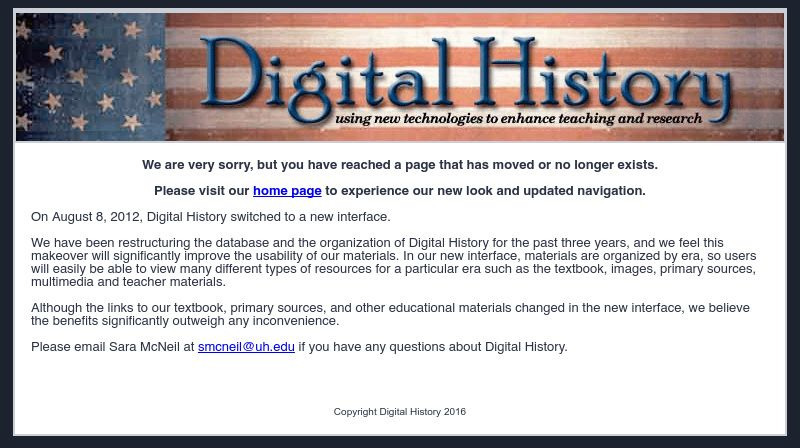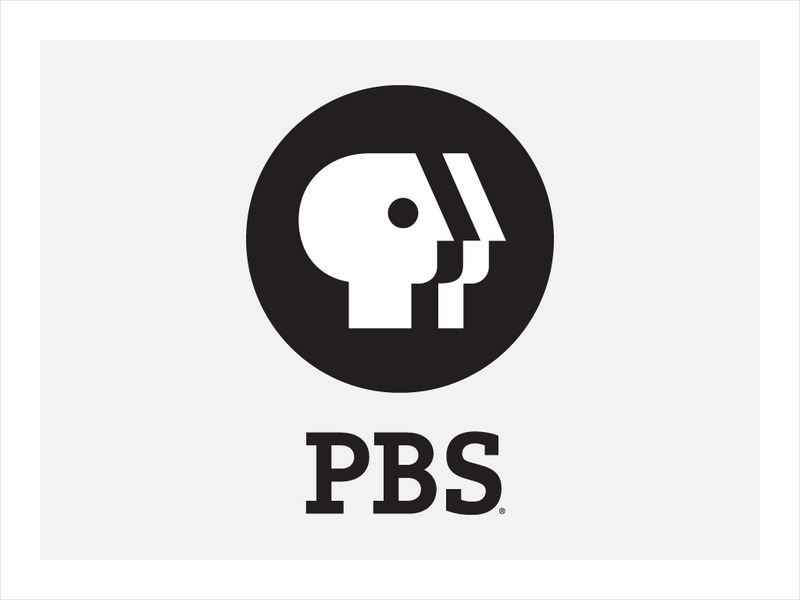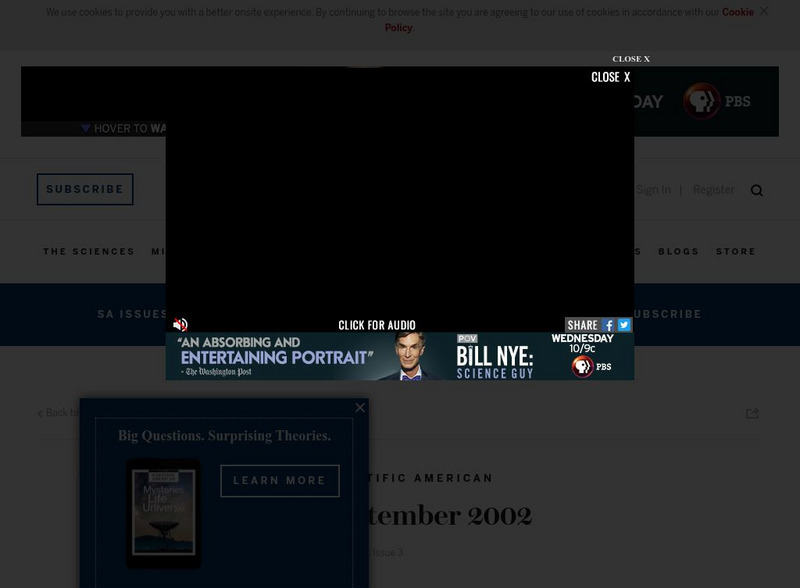Hi, what do you want to do?
Curated OER
A Crime Against Plants
Students research the phenomenon that is living in a small tree. They develop their own conclusion on what they believed is occuring. They answer discussion questions to end the lesson.
Curated OER
Find the Washer
Students examine a closed box with wires and try to guess where the washer is. They experiment by pulling out wires to determine the location of the washer. They complete discussion questions to end the lesson.
Curated OER
Three-Hole Bottle
Young scholars participate in an experiment with a 2-liter bottle. They develop their own hypothesis about what they believe will happen when certain items are tested on the bottle. They discuss results.
Curated OER
The Great Volume Exchanger...or the Magic Matter Maker ®
Students pour water into a "magic" box and examine how it comes out with a much larger volume of water. They, working in small groups, design a volume exchanger and explain its design to the whole class.
Curated OER
Palpating Pachyderms: How Do We Interpret Observations?
Learners interpret a poem before completing activities to distinguish observations and interpretations. They examine how personal background can influence how a person interpreters what they observe.
Simon Fraser University
Chem1 Virtual Textbook: What Is Pseudoscience?
Pseudoscience studies various fields of science that make claims to be legitimate, but researchers and academics argue that pseudoscientific discoveries do not hold up to typical standards of testing and proof. Examples are the Lunar...
PBS
Pbs Teachers: Scientific American: Make Up Your Mind: Mind Mapping
Investigate the pseudoscience of phrenology and its attempt to organize and assign different purposes to different parts of the brain. Create a phrenology chart on a bathing cap and compare it to modern understanding of brain function...
Other
Stephen Lower: Chemistry Websites
Stephen Lower is a retired chemistry professor from Simon Fraser University who unceasingly continues work in the world of chemistry. Lower provides websites that will enhance chemistry and pseudoscience lessons for both educators and...
Digital History
Digital History: The Birth of American Popular Culture
A description of many different forms of popular culture in the first half of the 19th century ranging from sensationalized newspapers to dime novels to pseudoscience. Read about Stephen Foster's music, theatrical productions, and even...
Digital History
Digital History: The Birth of American Popular Culture
American popular culture was many-faceted prior to the Civil War. Find out about the explosion of the number of newspapers and magazines, the many kinds of popular entertainment, and even phrenology as entertainment.
PBS
Pbs Teachers: Scientific American: The Wonder Pill: Placebo 1
Investigate how the brain can be fooled into incorrectly processing sensory information. Conduct an experiment to fool someone into thinking you've touched his or her hand.
PBS
Pbs Teachers: Scientific American: The Wonder Pill: Placebo 2
Identify the physiology of how a placebo affects the brain through "ritual expectations." Perform an experiment to explore how the manner in which a ritual is presented may affect the outcome of its success.
PBS
Pbs Teachers: Beyond Science?: Paper Personality
Investigate the claims of handwriting analysts by designing and implementing an experiment to test how well handwriting matches or reflects personality. Discuss the pros and cons of using handwriting analysis in a job application process.
PBS
Pbs Teachers: Scientific American: Beyond Science?: Healing Touch
Use the scientific method to investigate the claims of "energy field" therapists. Design an investigation to study the claims of biomagnetic therapy.
Scientific American
Scientific American: Smart People Believe Weird Things
This article, published by Scientific American (September 2002), explores how smart people can believe weird and silly things. The article comes to the conclusion that our beliefs are shaped more by our environment than our understanding...
Other popular searches
- Bill Nye Pseudoscience
- Pseudoscience Project
- Dowsing a Pseudoscience
- Variables and Pseudoscience
- Science vs Pseudoscience



















